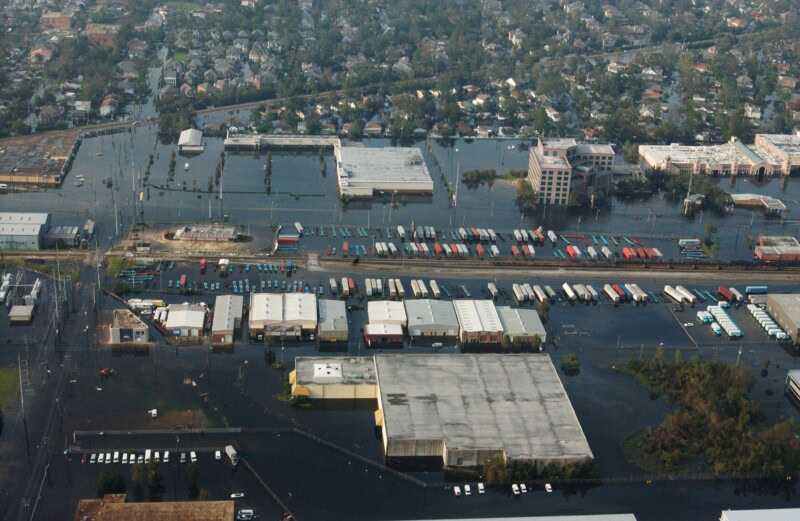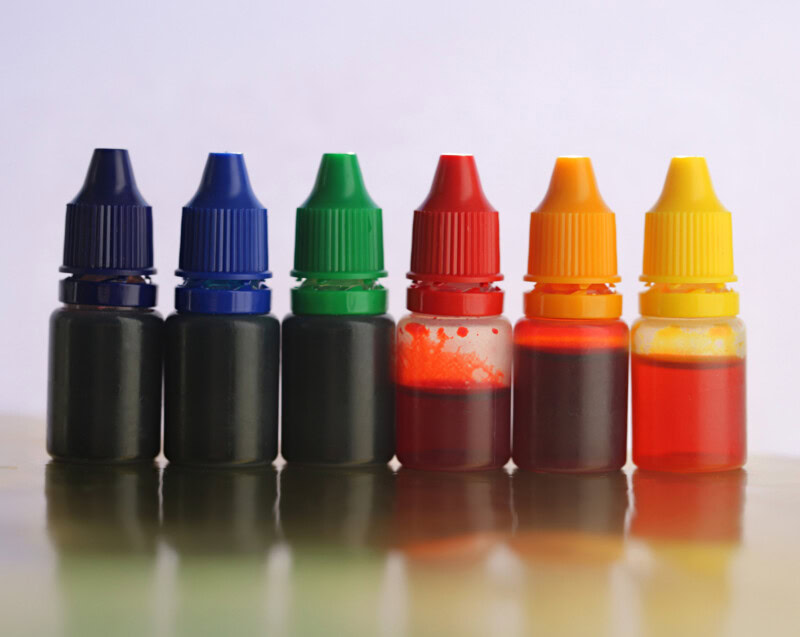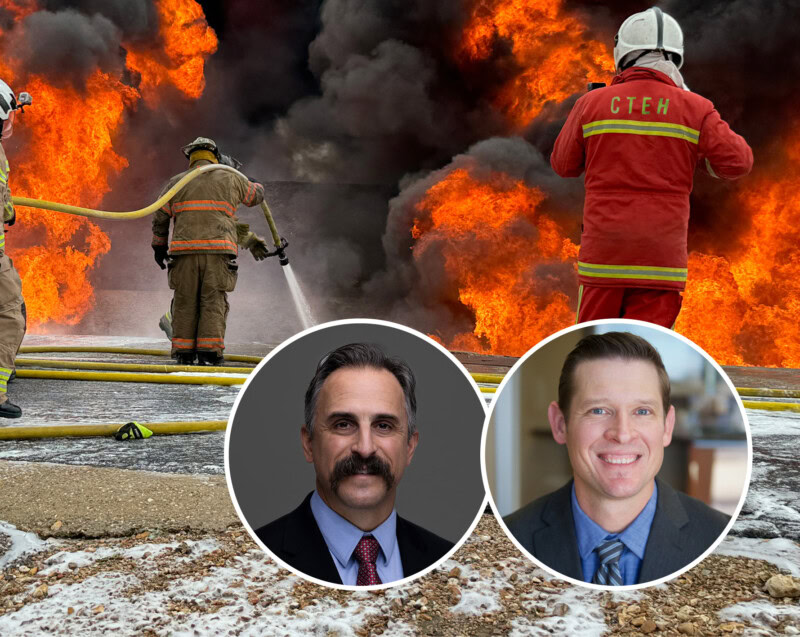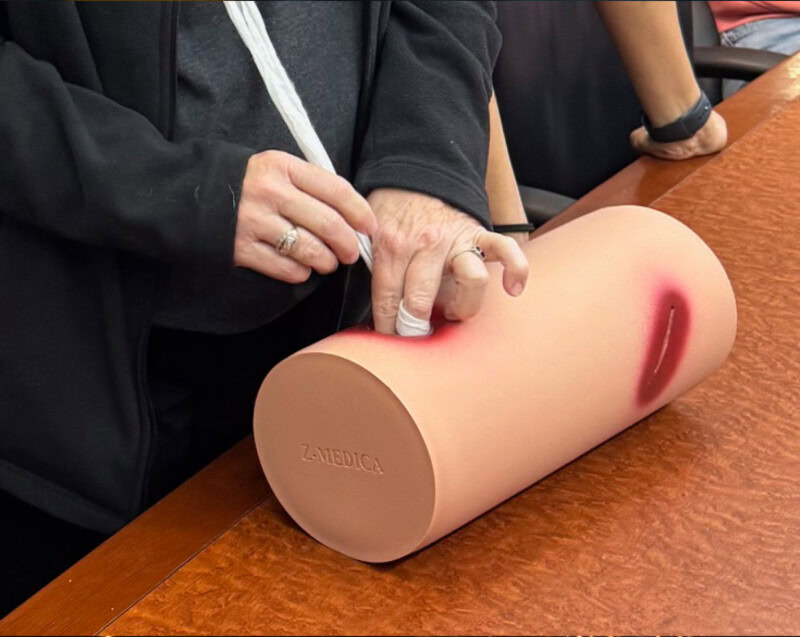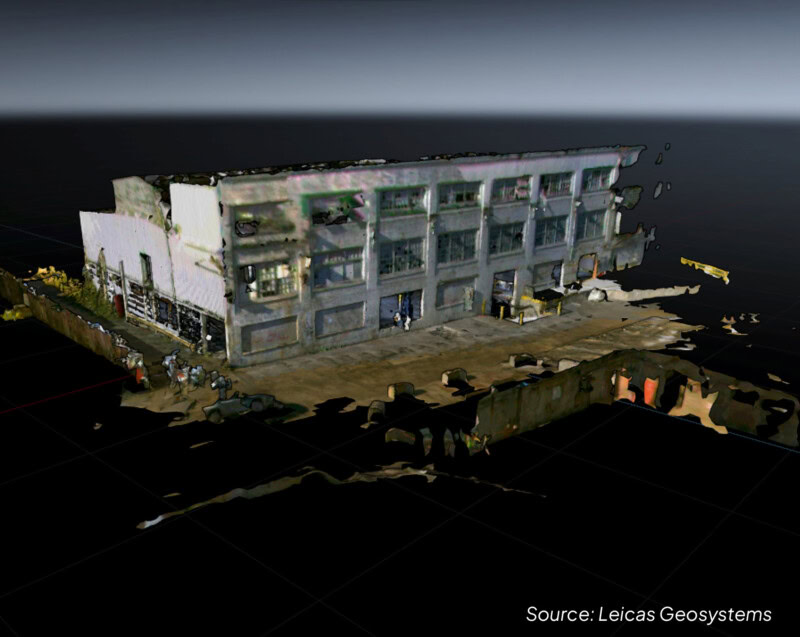From Harvey to Maria, 2017 has already seen an above-normal hurricane season with frequent and intense storms affecting the Caribbean, Gulf of Mexico and eastern U.S. With their high winds, powerful storm surges and significant flooding, these storms have caused billions of dollars worth of damage to our infrastructure. They’ve also exposed impacted citizens to potentially dangerous health risks. To help protect the public, CTEH is highlighting some of the most common “hidden dangers” of hurricane floodwaters:
Infectious diseases: With pathogens, sewage and debris, the Centers for Disease Control and Prevention (CDC) says hurricane floodwater is “an ideal breeding ground for bacteria.” Individuals should never eat, drink or directly handle contaminated items or expose open wounds to floodwater. These actions significantly increase the risk of developing diarrheal diseases; skin rashes; ear, nose and throat problems; conjunctivitis and other potentially life-threatening infections and illnesses.
Chemical hazards: Floodwaters may move or spill storage containers of hazardous chemicals, solvents and industrial or household chemicals. Individuals should remain alert to potential releases and stay up-to-date on issues in their area. If a resident suspects an oil or chemical spill, they should report it immediately to local authorities or the Environmental Protection Agency (EPA) National Response Center.
Electrical threats: Individuals should always be wary of electrical flood lines, which may be lurking in hurricane floodwaters. Even if fallen or submerged, these lines may still be live—increasing individuals’ risk of electrocution.
Animals and unsafe objects: Rushing floodwaters can displace animals, insects and reptiles. It can also move sharp or dangerous objects or items from homes and businesses like metal or glass. Individuals should always practice caution and avoid floodwaters where possible.
As the floodwaters recede and recovery begins, individuals should follow proper cleanup procedures to avoid direct contact with contamination or mold. If your business or community needs help with storm recovery or rebuilding, please contact CTEH at 501-801-8500 or email webquestion@cteh.com.
